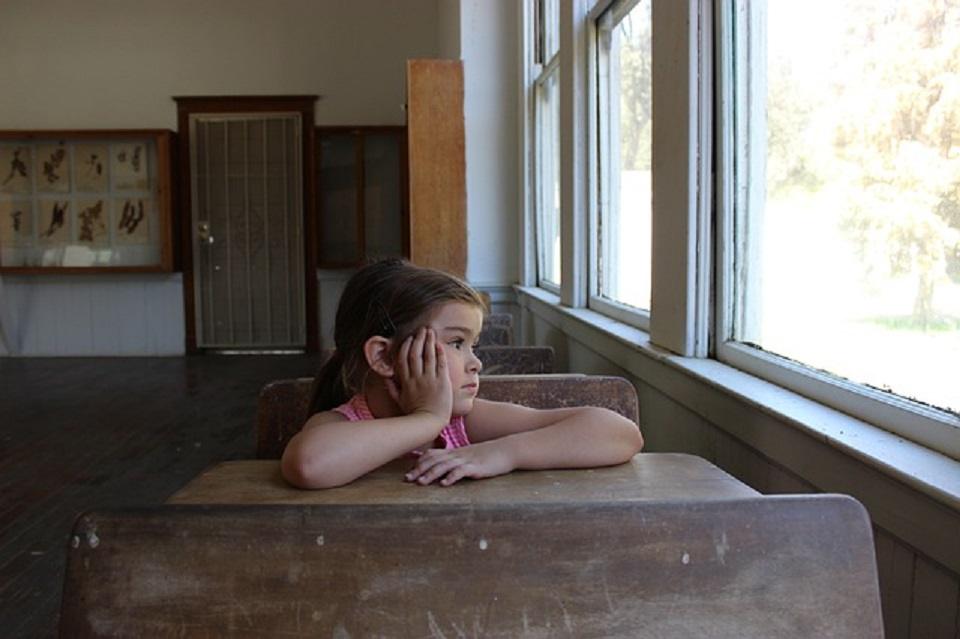According to the National Sleep Foundation, teenagers need at least nine-and-a-half hours of sleep every night. However, less than half of children in the U.S get at least nine hours of sleep each night, and 58 percent of 15- to 17-year-olds regularly sleep fewer than seven hours per night, reports the Foundation.
“Sleep deprivation is epidemic among adolescents, with potentially serious impacts on mental and physical health, safety and learning. Early high school start times contribute to this problem,” notes Julie Boergers, Ph.D., a psychologist and sleep expert from the Bradley Hasbro Children’s Research Center. Among an estimated 39,700 public middle, high and combined schools (with an estimated total enrollment of 26.3 million students) in the U.S, the average start time was 8:03 am in the 2011-12 school year, according to the Centers for Disease Control and Prevention.
New studies shows that’s too early.
The problem with current school start times
Early school start times disrupt student’s circadian rhythm, or the biological clock that the body uses to regulate body functions, such as keep track of when to eat and sleep. That’s according to a new study by researchers from University of Oxford, Harvard Medical School and the University of Nevada.
A natural circadian rhythm that is in sync with the daily 24-hour cycle determines when we’re most alert and focused. For adolescents, this time is almost 3 hours later than for fully grown adults. The researchers from Oxford, Harvard and Nevada explain: “During adolescence biological changes dictate both sleep duration of nine hours and later wake and sleep times, a phenomenon found in other mammals. At its peak the combination of these two biological changes leads to a loss of two to three hours sleep every school day. Thus, a 07:00 alarm call for older adolescents is the equivalent of a 04:30 start for a teacher in their 50s.”
So, early school start times lead to “systematic, chronic and unrecoverable sleep loss,” wrote the study authors. This shocking revelation that current school start times are damaging students’ learning and health has been corroborated by other experts, including the American Academy of Pediatrics.
The American Academy of Pediatrics’ statement
In a public policy statement, the formidable American Academy of Pediatrics stated that “insufficient sleep in adolescents [is] an important public health issue that significantly affects the health and safety, as well as the academic success, of our nation’s middle and high school students.”
Dr. Paul Kelley, honorary clinical research fellow at Oxford University’s Sleep and Circadian Neuroscience Institute, speaking at the British Science Festival in Bradford, England emphasized there was need for society to change school and work starting times to fit with the natural human body clock. “The science explicitly shows that many people are suffering unnecessarily because of our work and study start times,” Kelley said. “There’s no real rationale for start times for schools so there’s a huge opportunity here to improve quality of life by putting these scientific findings into practice,” he concluded.
So what are the best school start times?
The optimal schools start time is at 8:30 am or later at age 10; 10:00 am or later at 16; and 11:00 am or later at 18 and above, say the researchers from Oxford, Harvard and the University of Nevada. Their study originally appeared in the journal Learning, Media, and Technology.
While schools are not presently obligated to follow these sleep experts’ start time recommendations, the American Academy of Pediatrics argues in its report that, “the urgency and the magnitude of the problem of sleep loss in adolescents and the availability of an intervention that has the potential to have broad and immediate effects are highly compelling.”
The researchers from the three universities agree and say in their report that adopting these start times would protect kids from short sleep duration, chronic sleep deprivation and the health complications associated with them. That would in turn help improve students’ academic performance and health, and of course, ease parents’ frustrations in trying to get sleepy kids ready for school every morning.













































